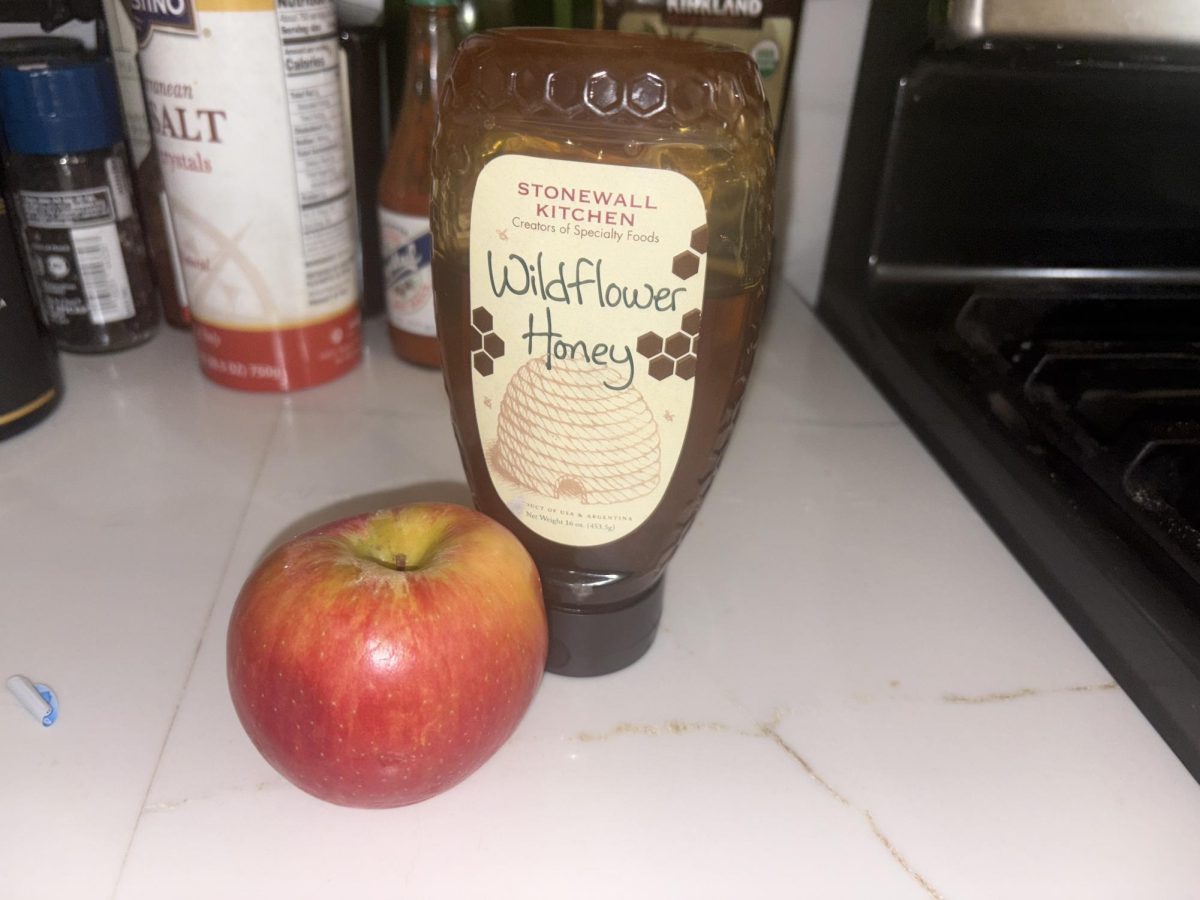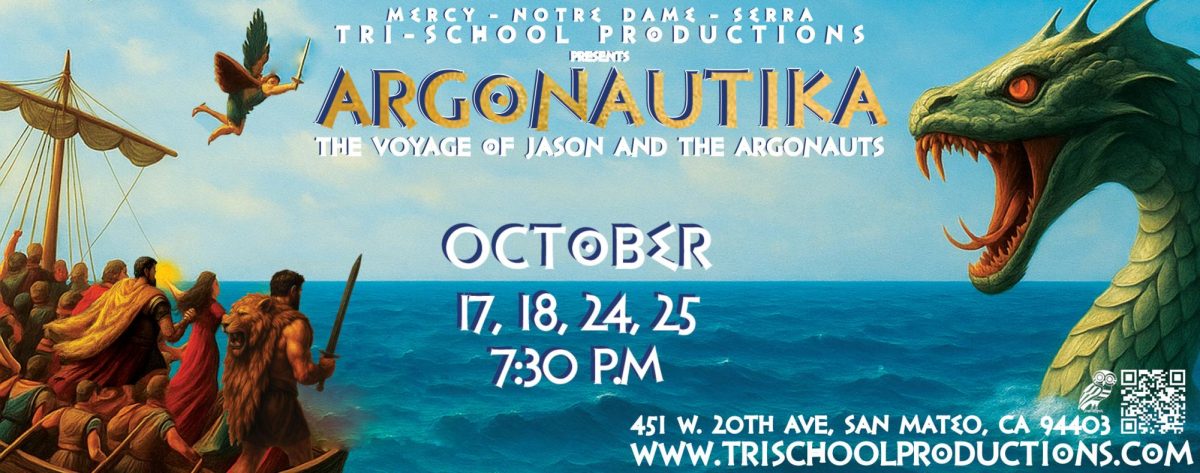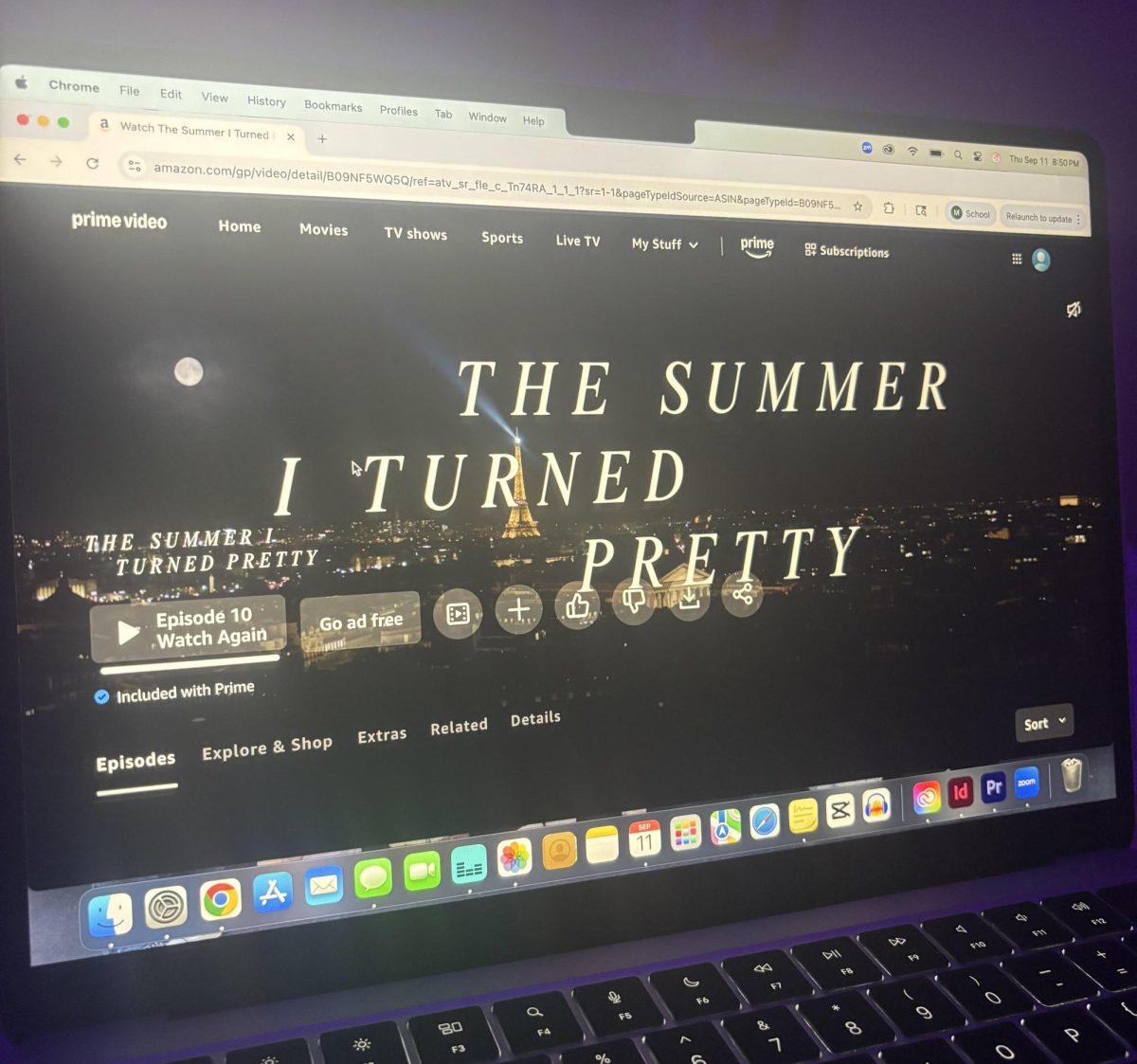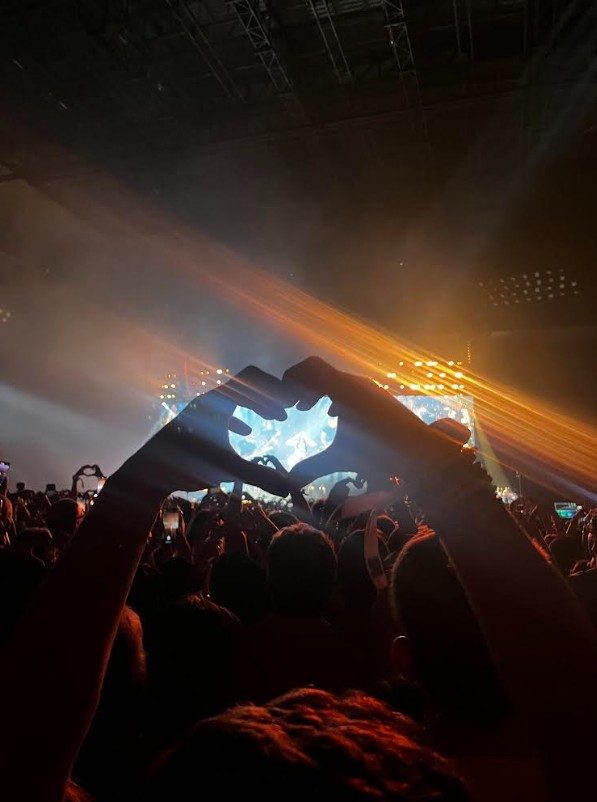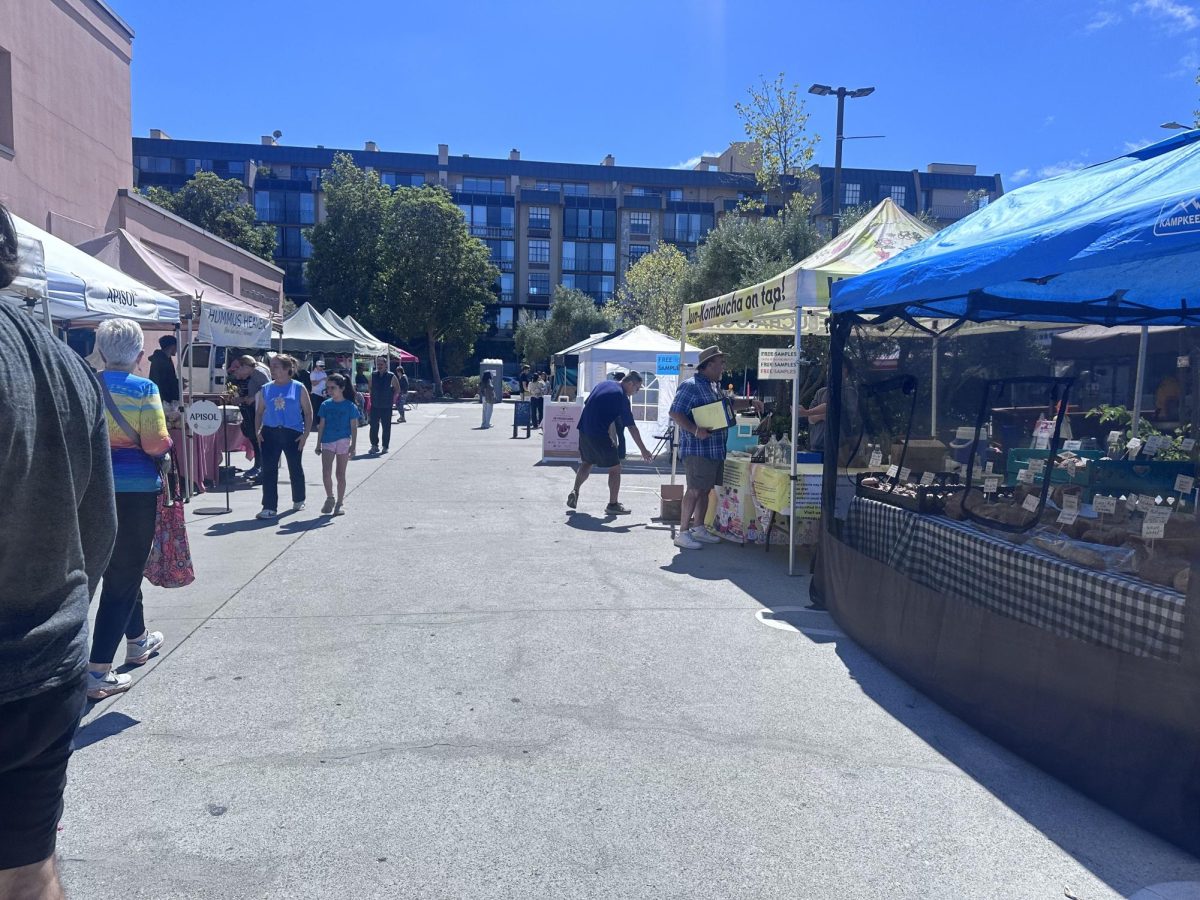On Wednesday, March 13th, a bill was passed in the United States House of Representatives, forcing the company that owns Tiktok, ByteDance, to sell the application within the next nine months. This bill was passed after the questions over national security were brought to light, as many representatives are concerned about the data of U.S. users and how their privacy is protected within the application.
Tiktok is one of the most popular social media platforms with over a billion users with 150 million of them being Americans according to TikTok Newsroom. However Gen Z has been the most influential users of this app, being the ones who create the majority of trends that go viral on the app. If a Tiktok ban were to happen, not only would it change the way Gen Z uses social media, but also the way they interact with each other within society.
A ban on Tiktok would influence a rise in users to other social media platforms like Instagram, Snapchat, X, and Youtube. Gen Z users would go back to applications that they used more before the rise of TikTok, impacting both the way Gen Z interacts with these applications and the way these applications would develop. Tiktok allows for its users to consume and interact with an immense amount of content in a limited amount of time, as well as recreate the same content just as easily. These features that get Gen Z so hooked on the app would start to be seen more prominently within other applications, just like how Instagram added “Reels” to their app just as Tiktok was at its height in popularity.
A ban would not just impact the way TikTok users interact with other apps, but how they interact with their favorite influencers and pop culture in general. Tiktok creators or influencers use the application to be more relatable to their audience and connect with them on a more personal level in a short time. Tiktok’s audience engagement of personal and relatable content is one that can not be done on apps like Instagram that are meant to show off the extravagant lifestyles of these influencers. Even on YouTube where many of these influencers are also given the opportunity to show off their personalities the videos span from 10 to 30 minutes long, which is too long of a Gen Z viewer who has the attention span suitable for 30 second to a minute videos which are most prevalent on Tiktok.
The algorithm provided by Tiktok is also a key part into how they connect a large scale audience to all know about the same pop culture events. Both Tiktok and Instagram provide content based on a user’s engagement with different accounts, posts, and stories. Instagram does a good job of giving users a very personalized feed, which Tiktok also accomplished, but they also do a very good job of predicting new content that a user may find engaging to them. This allows for the application to put viral videos or trends into the “For You” pages of their users, even if the content does not directly connect to previously liked content by that user. Instead it connects other users to a singular video that goes viral and becomes a meme that is easily recognizable if repeated within society. This connects an entire generation in a series of inside jokes that all originate in one spot: TikTok.
If TikTok gets banned completely, it would drastically change the way Gen Z consumes and puts out content into society. The information, news, videos and memes that these users consume would drastically decrease, as other applications does not have the same fast accessibility that Tiktok has. Along with that, the production of content being introduced into society would also drastically decrease, for the same reason, because no longer would there be an application that makes it incredibly easy to create, edit, and upload videos.



